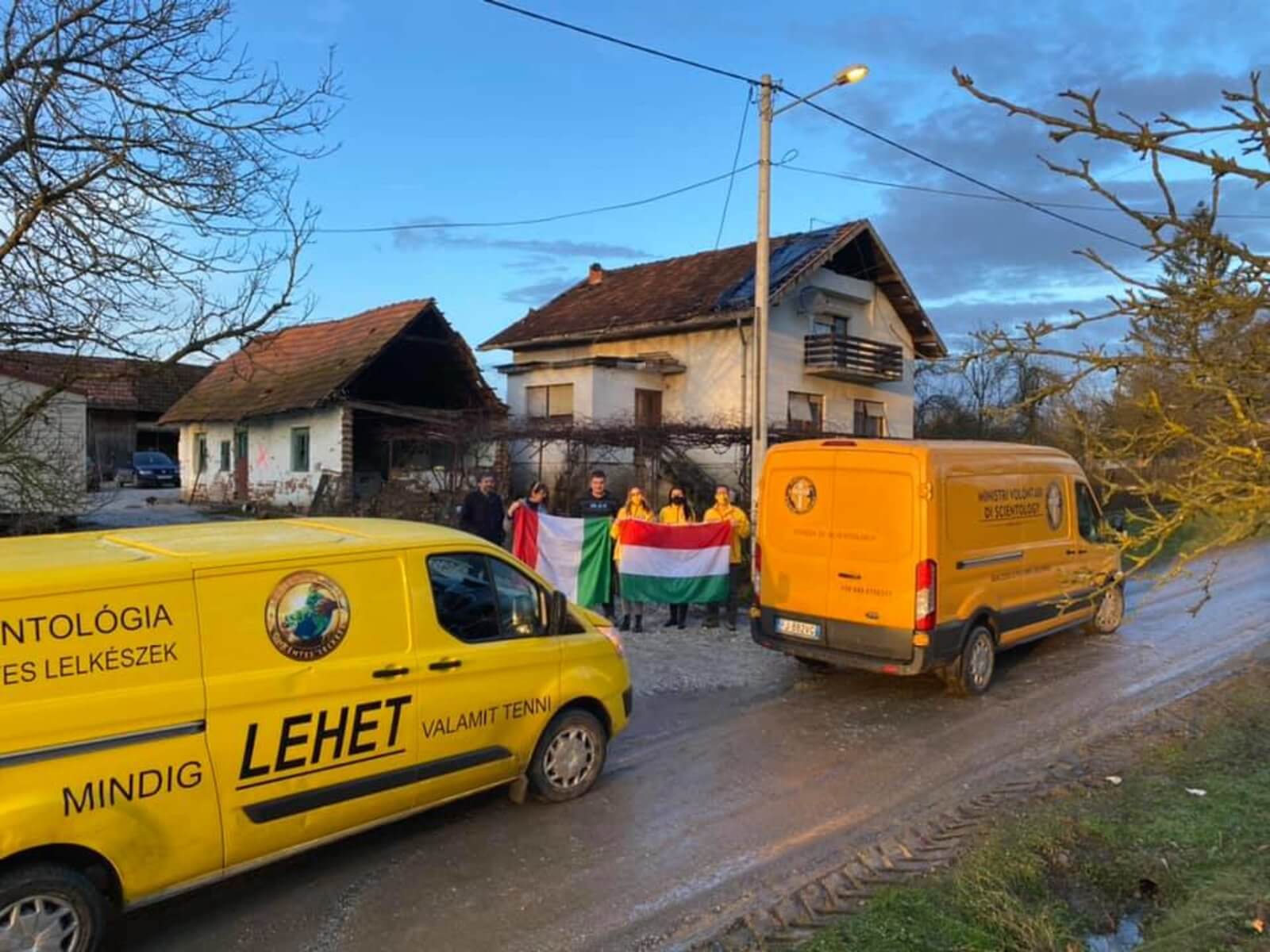On Religion: Twisted prayers, temptations to worship political power
Having reached the vice president’s chair in the U.S. Senate, the self-proclaimed QAnon shaman, UFO expert and metaphysical healer removed his coyote-skin and buffalo horns headdress and announced, with a megaphone, that it was time to pray.
“Thank you, Heavenly Father … for this opportunity to stand up for our God-given inalienable rights,” proclaimed Jake “Yellowstone Wolf” Angeli (born Jacob Chansley), his face painted red, white and blue, and his torso tattooed with Norse symbols that his critics link to the extreme right.
“Thank you, divine, omniscient, omnipotent, omnipresent Creator God for filling this chamber with your white light and love,” he added, in a prayer captured on video by a correspondent working for The New Yorker. “Thank you for filling this chamber with patriots that love you and that love Christ. … Thank you, divine Creator God, for surrounding and filling us with the divine, omnipresent white light of love and protection, of peace and harmony. Thank you for allowing the United States of America to be reborn. Thank you for allowing us to get rid of the communists, the globalists and the traitors within our government.”
Many phrases in this rambling prayer would sound familiar to worshippers in ordinary churches across America, said Joe Carter, an editor with the Gospel Coalition and a pastor with McLean Bible Church near Washington, D.C. But the prayer also included strange twists and turns that betrayed some extreme influences and agendas.
“This is a man who has described himself as pagan, as an ordained minister, in fact,” said Carter, reached by telephone. “The alt-right has always included some pagan influences. But now it’s obvious that leaders with QAnon and other conspiracy theorists have learned that if they toss in some Christian imagery, then they’ll really expand their base and their potential reach one-hundredfold.”
Law-enforcement officials will soon present evidence attempting to prove who planned key elements of the illegal riot that crashed into the U.S. Capitol on Jan. 6, after the legal “March to Save America” backing former President Donald Trump’s disproven claim that fraud cost him the White House.
This is just the latest example of how conspiracy theories, on the left and right, have soaked into public discourse about COVID-19 vaccines, Big Tech monopolies, sinister human-trafficking networks and, of course, alleged illegal activities in the 2016 and 2020 elections.
There is no way to deny that this digital tornado has shaken many Protestant churches, according to a new Lifeway Research survey. It asked clergy to respond to this statement: “I frequently hear members of my congregation repeating conspiracy theories they have heard about why something is happening in our country.”
Nearly half (49%) of participating pastors agreed with that statement, and 13% strongly agreed. Another 47% disagreed, including 26% who strongly disagreed. Only 5% said they were not sure.
The survey included a balance of large- and small-church leaders. Pastors of churches with more than 250 in attendance were the most likely to agree (61%). White pastors (50%) were more likely than Black pastors (36%) to say that they frequently hear conspiracy theory talk in their flocks.
Carter said it’s interesting that older pastors in this survey — 65 years of age and up — were the most likely to say that they haven’t experienced this trend. That could mean that they are unplugged from online life or that “it’s younger pastors who are listening more carefully and then they recognize what they’re hearing,” he said.
Last spring, Carter wrote a “What Christians Should Know About QAnon” feature for the Gospel Coalition’s website that urged pastors and evangelical leaders to take this “political cult” more seriously.
At that point, he wrote: “Christians should care about QAnon because it’s a satanic movement infiltrating our churches. Although the movement is still fringe, it is likely that someone in your church or social media circles has either already bought into the conspiracy or thinks it’s plausible and worth exploring.”
Carter said he would use “stronger language” if writing today.
“So many people are being tempted to turn politics into an idol,” he said. More and more Americans seem to believe that “what’s really important in the world is politics, while religious faith is something weak for old ladies. What matters is political power — period. That’s a dangerous temptation.”
Terry Mattingly leads GetReligion.org and lives in Oak Ridge, Tennessee. He is a senior fellow at the Overby Center at the University of Mississippi.



